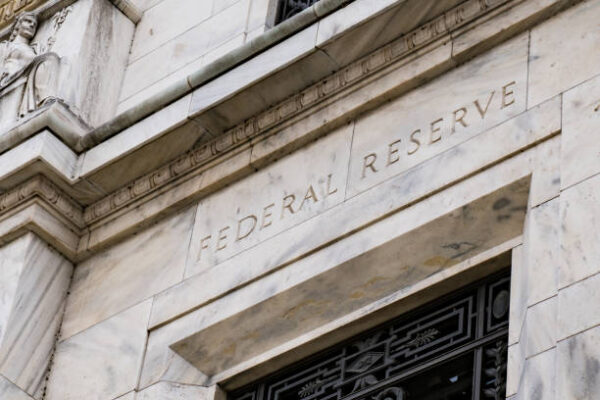
Equity markets almost all operate lower, while sovereign bonds, which were on the path of record losses, recovered. In recent sessions, signs of a stronger-than-expected monetary tightening weighed mainly on the bond market.
However, US Treasury premiums with a 10-year term dropped to 2.37% recently, after reaching maximums that had not been seen since mid-2019. goes down – and continues at historically high levels. The volatility is directly linked to Russia’s war in Ukraine and the decisions of European leaders on whether or not to suspend Russian oil.
Between the speeches of central bankers and indicators that will reflect the first impacts, direct or indirect, of the war, investors will have a lot to evaluate. In recent sessions, stock markets have shown a certain complacency in the face of news involving war, inflation, and monetary tightening. However, the forthcoming battery of data will test investors’ acceptance of risk.
Britain said 9.7% of its fuel imports came from Russia last year, underscoring the depth of trade ties between the nations before sanctions were imposed over the Ukraine invasion.
Russia was Britain’s biggest supplier of refined oil, accounting for nearly a quarter of all imports of the commodity used to make gasoline and/or diesel for vehicles. This is part of the 10.3 billion pounds ($13.6 billion) of goods imports that came from Russia last year, about 2.2% of the UK’s total.
The pronouncements of various members of central banks can give clues – or create noise – about the pace of economic expansion. Several monetary authorities, including the Federal Reserve (Fed), have declared inflation as their main enemy and are willing to do everything to tame it. Investors wonder: Will rising interest rates be an overly bitter medicine for economic expansion.
In addition, the indicators that are about to come out should expose the first impacts of the war on the economy and the perception of consumers and the business community.
The first piece of news on Wednesday morning highlighted inflation in the United Kingdom, as it shot up again, to 6.2% in February, against 5.5% registered in January. This is the highest annual rate in 30 years.
Expectations are also high around the Eurozone confidence indicators (the German ZEW collapsed last week) and PMIs from various parts of the world scheduled for tomorrow.
Dow (+0,74%), S&P 500 (+1,13%), Nasdaq (+1,95%), Stoxx 600 (+0,85%), Ibovespa (+0,96%)
US stock markets closed higher a day after a tougher tone from Fed Chairman Jerome Powell on fighting inflation. At the same time, strong selling in the bond market pushed short-term bond premiums to one of the biggest daily highs in a decade. In addition to the expectation of an economic cooling by the monetary tightening, investors conjecture about the impact, still unknown, of the war in Ukraine. The longer it lasts, the greater the risk of stagflation for the global economy, experts reckon.
